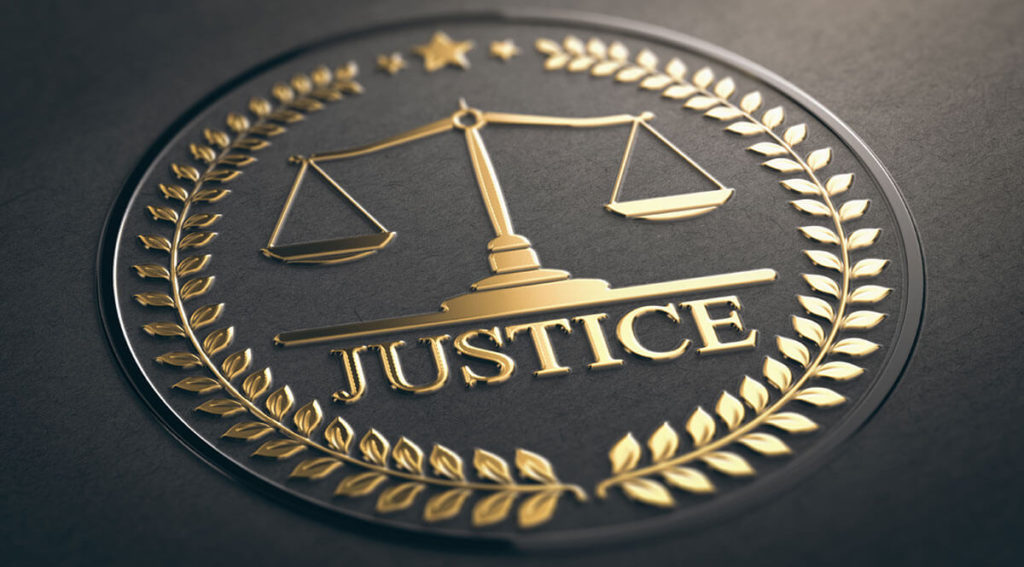Compensatory Vs Punitive Damages

How Much Is My Case Worth?
People in New York often turn to a civil court to recoup losses for medical bills and treatments, or to get compensation for pain and suffering after being injured in an accident. If the court finds in favor of the plaintiff (the victim), they’ll receive a monetary award for their losses, including any property damage. There are two kinds of damages that can be awarded to a victim. These are referred to as “punitive damages” and “compensatory damages.”
What Kind of Case Settlement Can I Get?
Compensatory And Punitive Damages
- The compensatory damages awarded to plaintiffs are designed to give justice to them after being wronged.
- Punitive damages are designed to prevent others from being hurt by the same or similar actions.
If someone’s behavior or actions were negligent, you have the right to file a lawsuit to pursue damages for your injuries or losses. You might be wondering how much your case might be worth. This isn’t always so easy to determine in the beginning because all of the facts need to be gathered, current and future effects of the injuries are assessed, and how the negligence affects the quality of life in the future. and a legal case is built. For instance, the averages in personal injury settlement in a car accident will vary on a variety of factors, discussed in our post on average car accident settlements.
“Before you file, it’s important to consult with an attorney who can review the circumstances, evidence, and any other important information. If you have suffered a personal injury, wrongful death, or other types of damages, the compassionate personal injury attorneys at O’Dwyer & Bernstien will help you receive the justice, and closure, you deserve.”
Victor Greco – Personal Injury Lawyer – O’Dwyer & Bernstien
What Are Punitive Damages?
Punitive damages are also called “exemplary damages,” which are damages assessed in the legal process to punish a defendant for negligence. The defendant is usually a company or other large entity. Examples would medical malpractice cases or product liability cases. For instance, say a company sells a product they know to be defective or that can cause injury so they can still profit off it, they could be ordered to pay punitive damages if it is proven they were negligent in their decisions to sell these products.
Individuals can also be ordered to pay punitive damages that injure someone else due to negligent behavior. Examples of this would be drunk driving or distracted driving. In both cases, the defendant would have made a conscious decision to engage in behavior that could easily harm another person. It can even include violating anti-discrimination employment laws in New York City.
Punitive damages are usually imposed to make an example of the negligent party to deter others from behaving in the same fashion or committing similar wrongful behavior. While the intent and purposes of punitive damages imposed on a company are not designed to compensate the plaintiff, they will receive the monetary award. If punitive damages are ordered by a court, they are essentially punishing the defendant, who must pay the amount of money designated and give it to the plaintiff.
What Are Compensatory Damages?
Compensatory damages are designed to compensate plaintiffs for the actual losses they’ve experienced. This type of award can be to reimburse them for medical treatments, medical bills, or any future expenses they may have due to an injury they sustained due to the negligence of another person or entity. These are typically referred to as actual damages.
When a court orders compensatory damages to a plaintiff, there are two different types of awards that can be given:
Special Damages:
These are awards that are tangible and easy to calculate because they are based on actual expenses the victim has incurred due to an injury caused by an incident, including but not limited to car and truck accidents. In addition to medical expenses, victims can receive compensation for lost wages, property damages, or out-of-pocket court and litigation costs relating to the negligence. The amount awarded to a plaintiff is pretty cut and dry because these losses can be easily proven and are backed up by physical evidence.
General Damages:
These damages are harder to calculate because they are subjective. In personal injury cases, the immediate losses can be apparent, but the long-term effects are often not visible. There is emotional distress, pain and suffering, PTSD, disfigurement, shortened life expectancy, and any long-term medical care and treatments for injuries that take time to emerge (i.e. concussions or traumatic brain injuries). Even an injury such as defamation can be considered as qualifying for general damages. Another example that would qualify for general damages is when someone has trouble forming relationships after their injury. This is known as “loss of consortium.”
“Most courts will base the general damages they award in accident cases on the seriousness of the accident or injury. The more serious an accident or long-term or permanent injury is the amount of money awarded to the plaintiff usually increases.”
Victor Greco – Personal Injury Lawyer – O’Dwyer & Bernstien
What to Do if You Are a Victim of Another Person’s Negligence?
If you, or someone you care about, have been injured in New York because of another person’s negligence, you have rights. The best thing you can do is contact a personal injury attorney right away. While New York State has a three-year statute of limitations to file, the sooner you begin to lay the groundwork for a possible lawsuit, the better. If you wait too long, any evidence relating to the accident may be fixed and will be harder to prove.
The knowledgeable and caring attorneys at the law firm of O’Dwyer & Bernstien has been advocating for personal injury victims for more than 100 years. Our lawyers are thoroughly familiar with the intricacies of New York State Law and will know how to expertly build a case to ensure you receive justice. We firmly believe in victim’s rights and will aggressively fight to make sure these rights are upheld.
Over the decades, many New Yorkers have turned to O’Dwyer & Bernstien to help them in the aftermath of an accident or injury. To learn more about how to file a lawsuit or receive compensatory and/or punitive damages for your suffering, give us a call today at 212-571-7100 or contact us online. We offer a free consultation related to any kind of personal injury.
Sources:
https://www.law.cornell.edu/wex/punitive_damages
https://www.courthousenews.com/punitive-damages-allowed-under-nyc-law-second-circuit-rules/3



